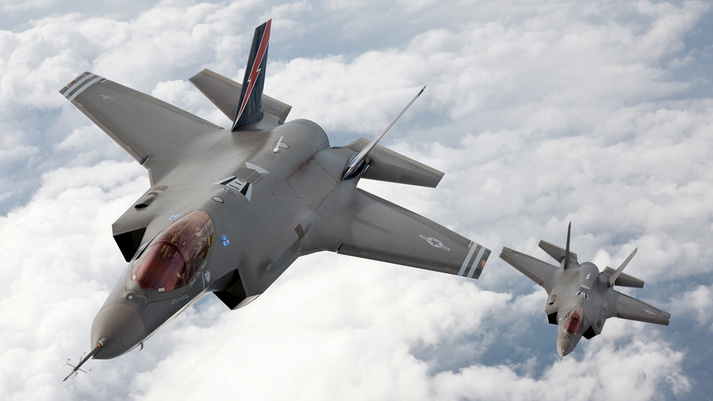
BAE Systems launches FalconWorks, a new division within its Air Sector, which will serve as a research facility for combat air capabilities. (Photos: BAE Systems)
BAE Systems recently unveiled a new research facility to accelerate research in cutting-edge combat air capability. The new division in the company’s Air Sector has been named FalconWorks, and as a center for research and development, it will deliver new cutting-edge air capabilities to the United Kingdom and its allies.
FalconWorks will collaborate with new and existing partners of BAE Systems to innovate through the generation of new ideas to further the capabilities of air combat technology. These partners include firms and institutions in a variety of areas, including academia, research, small and midsize enterprises (SMEs), and even national governments.
Governments are perhaps one of the largest stakeholders of this new facility. These authorities aim to stay up-to-date on the latest technological innovations that have the potential to further solidify national security and improve their position in a variety of foreign conflicts. Adapting to new security and defense technologies is critical to maintaining the safety and security of national borders.
Specifically, FalconWorks will harness today’s latest technology—like artificial intelligence, quantum sensing, and robotics—to assess emerging trends and develop solutions quickly and efficiently. Furthermore, the program will coordinate design and research efforts with partner companies in areas like autonomy, synthetic environments, and electrical-powered air systems.
David Holmes, Managing Director of FalconWorks at BAE Systems, explained that today’s technologies are constantly changing. Thus, “The creation of FalconWorks is a reflection of the changing environment and our goal to ensure innovative technology development is at the core of everything we do. This new division builds on our established expertise in world-leading combat air programs such as Typhoon, F-35, and Tempest to unlock opportunities to expand our portfolio and deliver the breakthrough technologies which keep our customers ahead.”
BAE Systems has extensive experience in the aviation defense sector, making its knowledge, resources, and talent critical to the success of not only FalconWorks but also the new technologies it will develop. Its long history of working with academic institutions to conduct research on new technologies has led to large investments in research and development. In fact, in the past three years, BAE System has invested £800 of its own funds in researching new technologies and methods.

Beyond FalconWorks, BAE Systems has reached several major accomplishments this year. In April it announced it would work with Heart Aerospace to create a battery system for Heart’s electric regional airliner, the ES-30. As a result of this collaboration, BAE aims to create a first-of-its-kind battery that will be utilized on the fully-electric regional aircraft. If this program is successful, this aircraft will fly with zero emissions, all while addressing other industry challenges like noise pollution. Throughout the past 25 years, BAE Systems has designed, built, and sold over 15,000 power and propulsion systems to various customers across the world.
In addition to its work with Heart Aerospace, in January the firm received a contract from the United States Air Force to support mission data loads for the F-35 fighter jet. The five-year contract will support BAE as it tests mission data loads at Eglin Air Force Base in Florida.
BAE Systems’ Air Sector is a major player in the aviation industry and supports governments and private firms alike with the research and development of new technologies to make aviation more efficient for operators. The UK-based company is a world leader in defense exports, and develops, manufactures, upgrades, and supports some of the world’s most advanced combat aircraft. BAE also supports customers across the world with an extensive support network that assists customers in provisioning, training, and maintenance.
Additionally, BAE plays a pivotal role in the UK Combat Air Strategy. Launched in 2018, the program has put forth a bold vision for what combat air capability will look like in the future in the United Kingdom. The program is defined by Tempest, a future combat air system that will utilize new technology from BAE’s expertise to stay ahead of evolving threats across the world.